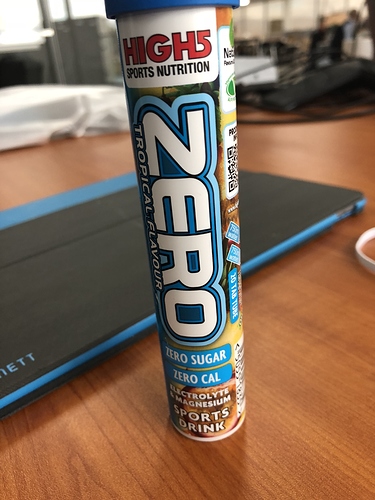Fuck those idiots you have friends here! The only stupid question is the one you’re afraid to ask 
Why are electrolytes so important?
I don’t think you’re right on this statement, kidneys regulate sodium in the blood and pass excess in urine. I am a renal patient for over 11 years now. 10 on dialysis and one with a kidney transplant. Excess sodium is not great on your kidneys however. It was an issue for me because of reduced urine output salt builds up in the blood and causes more water retention raising blood pressure, and causing edema.
Roughly 30% of the sodium in your body is stored in the bones, and the rest is found in bodily fluids like plasma, blood, and sweat. When we eat carbohydrates we hang onto water which is holding on to sodium too.
https://www.ncbi.nlm.nih.gov/m/pubmed/1988777/
https://www.ncbi.nlm.nih.gov/m/pubmed/23034715/?i=6&from=/1988777/related
https://www.ahajournals.org/doi/pdf/10.1161/01.HYP.14.4.367
There are a number of articles out there discussing sodium retention with hyperinsulinemia. I don’t remember where I saw that information initially, maybe in “The Salt Fix” or “The Art and Science of Low Carbohydrate Living.”
Because for one thing carbohydrate triggers insulin, insulin causes excess glucose to be stored in fat cells along with quite a bit of water, which is why people drop quick pounds when starting keto because you’re using up stored glucose and water is released from fat cells.
@VirginiaEdie Apparently there is salt retention in the kidneys with higher insulin levels. Not usually a problem on keto, and I don’t believe it’s a primary storage location. Sounds like the higher levels encourage kidney stone development. But this in the second link;
“Insulin has long been hypothesized to cause sodium retention, potentially of enough magnitude to contribute to hypertension in obesity, metabolic syndrome, and Type II diabetes. There is an abundance of supportive evidence from correlational analyses in humans, acute insulin infusion studies in humans and animals, and chronic insulin infusion studies in rats. However, the absence of hypertension in human insulinoma patients, and negative results for sodium-retaining or blood pressure effects of chronic insulin infusion in a whole series of dog studies, strongly refute the insulin hypothesis.”
A little confusing for me though, I am not the best at deciphering medical studies. 
Thanks for all this info. When I started keto apart from salting my main meal I don’t think I had any other electrolytes. But I didn’t suffer in any ways apart from muscle fatigue after my gym workouts.
Getting some electrolytes is pretty easy… I drink water with one of these in at least 4-5 times per day. Lots of lovely electrolytes (which I need cos I am a runner and sweat a LOT!)
I’m not great with the medical jargon either, but I interpreted it as yes, the kidneys hold onto salt when insulin is high. That is the part that pertains to keto. We keep our insulin low, which means we do not hold onto sodium, which is why we need it on a ketogenic diet. Although, it is interesting that the extra salt in the studies did not seem to cause an increase in blood pressure. That would mean another medical fact that’s been fed to us over the years that is not actually true.
Isn’t it that the electrolytes are stored in the fluid retention which is caused by carb consumption, so are naturally flushed out when the body no longer holds on to that fluid? Simple version because science makes my head hurt.
Thank you! that was my thought process joining that group, but their loss!
Dave, I believe you and @VirginiaEdie are each using the word “retain” differently.
In addition to the water-retention effect of glucose you mention in later posts, with its consequent effect on sodium levels in the body, the high level of insulin caused by high carbohydrate intake causes the kidneys to slow the rate at which they excrete salt. They don’t “retain” salt in the sense of storing it, so far as I have heard, but the body as a whole “retains” salt in the sense of not getting rid of it as fast as normal. More salt remains in the body, so we don’t need to eat as much; the actual level of sodium doesn’t change much.
This is also the explanation for the keto flu: the reduction in carbohydrate intake lowers insulin, the kidneys return to excreting salt at their normal faster rate, and if we don’t increase our salt intake to compensate, the body messes with magnesium and potassium levels in order to hang on to sodium, causing the headaches, lightheadedness, constipation, etc.
Sooooo, do we know why the body does this? Is it possibly a form of inflammation? We are thinking that the fluid and therefore salt excretion rate of our kidneys while keto is actually the normal or healthy rate, so is the retention while on a high carb diet basically an inflammatory response to too much sugar?

